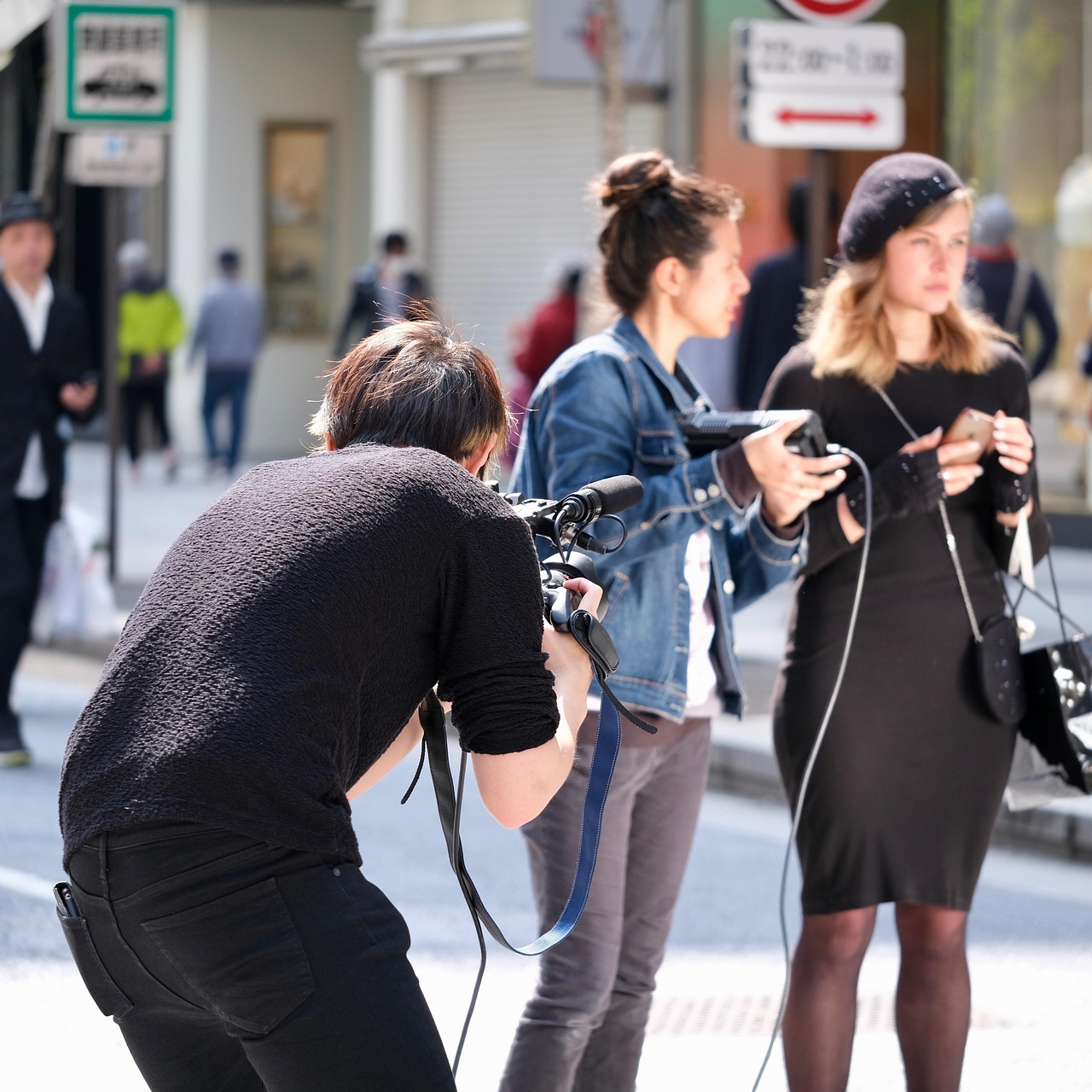Hey there,
It’s another new week to discuss all things PR and life in general, which is what this amazing blog is about. There is this argument outside the PR and marketing space as to whether Public Relations (PR) and Advertising are the same. It beats me every time someone says “oh, it’s the same thing!”, and I have to raise a counterargument as to why there is a big difference between the two,
I think with the growing times, people are better able to distinguish between PR & Advertising but nonetheless, it is very important to educate people, particularly when they start comparing the two as the same. So what is PR and what is Advertising?

Public Relations aka PR, using my favourite quote from the Mexican statement is “the deliberate, planned and sustained effort to establish and maintain mutual understanding between an organisation and its public” whereas
Advertising by marketing guru Philip Kotler, is “any paid form of nonpersonal presentation and promotion of ideas, goods, and services through mass media such as newspapers, magazines, television or radio by an identified sponsor”. This definition has been upgraded to include online networks, social media, Google Ads, Banner, and Display Ads, etc.
One distinguishing factor between PR and Advertising is that PR is free whereas Advertising is a paid method. PR uses the art of persuasion to convince people to build a relationship with a brand in order to buy into the brand’s essence and brand values whereas, Advertising deploys paid, in-your-face strategies to attract people to a brand and grow the brand.
PR uses a lot of content marketing; PR people tend to write long copies and content to appeal to the target audience using explanatory tones, press releases, testimonials, explanatory videos etc. to sort of convince and build a long-lasting relationship with the audience, Advertising uses short witty copies, advert videos, and jingles to appeal and convince target groups of the need to buy and the possible benefits of using a product or service. In essence, PR uses content marketing, advertising uses paid marketing.
In the PESO Metrix, PAID, EARNED, SHARED & OWNED, Advertising takes the first P, with the Paid activities that are carried out, while PR takes the second E with the Earned media that is gotten from goodwill and relationships with the media and other stakeholders.

Advertising campaigns sometimes could run longer than PR campaigns because of the control that Advertising has on the media. So for instance, because you are paying for the AD, you get to determine how long it can run for; unlike a PR campaign that is based on relationship with the media. The editor or journalist determines how long the story can last for and how many times it can be used, especially if it is not viral or sensational news.
PR content is usually more persuasive hence customers do not feel like they are being bamboozled into buying a product, it feels more natural through of the use of testimonials, referrals, reviews, and “word-of-mouth” recommendations, unlike Advertising that customers can sometimes, easily tell when it is an Ad because of the outright and explicit method of informing them with a call to action to purchase.
Finally, PR is usually a two-way street communication process where feedback is paramount whereas, Advertising is one-way where the brand communicates its benefits and features with the aim to make sales and win customers, without necessarily getting feedback. Hence sometimes PR has a long-lasting effect because it focuses on the brand image while Advertising can last for a shorter period in the minds of the target group, for as long as the ad is being run for.
In all, a combination of both Advertising and PR can make a marketing campaign powerful, so it is usually advised that both are deployed to make your marketing campaign more impactful to reach a wider audience.
I hope you enjoyed reading up to this point, thank you! Join me weekly in my journey into the PR world.
Warm regards,
The PR Chic





This was very insightful. I will definitely be back next week
Thank you!😊 Don’t forget to read our latest post on Planning your career in 2025, you’ll enjoy it.